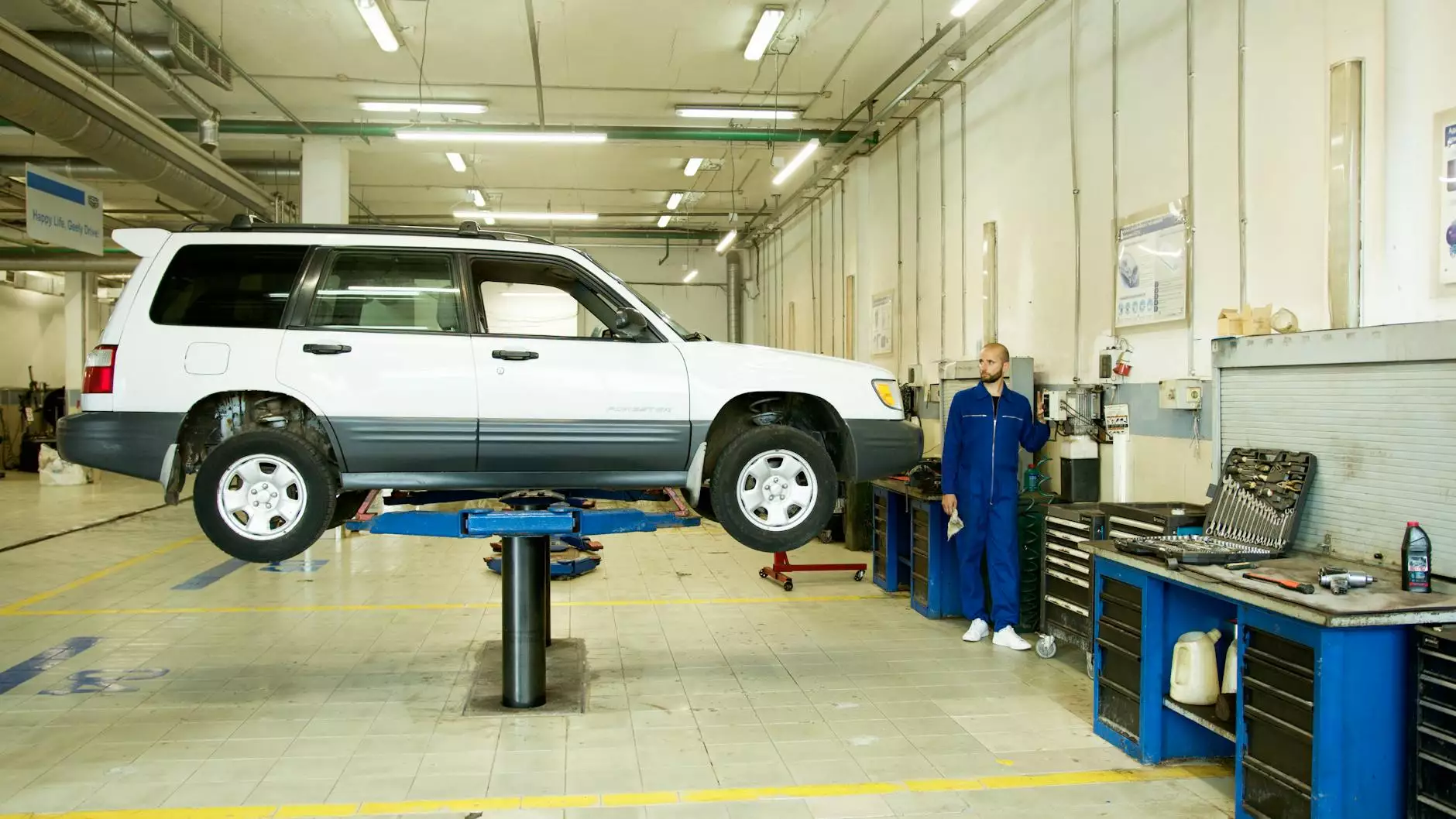Mastering Evap Cooler Maintenance for Optimal Performance

When it comes to maintaining a comfortable and cool indoor environment, evaporative coolers (or "evap coolers") play a crucial role. Unlike traditional air conditioning units, these systems use the natural process of evaporation to cool the air. To ensure your evap cooler functions efficiently and lasts for years, proper maintenance is essential. In this comprehensive guide, we'll cover everything you need to know about evap cooler maintenance, from basic upkeep to addressing common issues.
Understanding Your Evaporative Cooler
Before diving into maintenance techniques, it's essential to have a basic understanding of how your evap cooler operates. An evap cooler works by drawing warm air through water-saturated pads. As the air passes through these pads, it loses heat, resulting in cooler air being circulated into your home. Since this system relies heavily on water, maintaining it correctly is vital for both efficiency and longevity.
Components of an Evaporative Cooler
- Water Reservoir: Holds water necessary for the cooling process.
- Blower Fan: Circulates cool air into the living space.
- Pads: Water-saturated pads absorb heat from the incoming air.
- Motor: Powers the blower fan and other components.
Importance of Regular Maintenance
Regular evap cooler maintenance not only enhances your cooler's performance but also extends its lifespan and ensures optimal air quality. By neglecting maintenance, you risk a drastic drop in cooling efficiency, increased energy costs, and even potential health hazards from poor air quality. Here are key reasons why maintenance is essential:
- Efficiency: A well-maintained cooler uses less energy to cool your space, leading to lower utility bills.
- Longevity: Regular checks and timely repairs can prolong the lifespan of your cooler.
- Health: Clean components prevent mold and bacteria buildup, ensuring your air is safe to breathe.
Step-by-Step Guide to Evap Cooler Maintenance
1. Seasonal Preparation
Before the cooling season starts, it's vital to prepare your evap cooler. Here's how:
- Inspect the Unit: Check for any visible signs of damage or wear.
- Clean the Water Reservoir: Remove debris and build-up; use a mild vinegar solution to disinfect.
- Examine the Pads: Replace or clean them as needed, making sure they are effective for humidifying.
2. Cleaning the Pads
The cooling pads require regular cleaning or replacement to function effectively. Here’s the best practice:
Cleaning Method:
- Remove the pads from the cooler.
- Rinse them with water to remove dust and debris.
- Soak the pads in a vinegar-water solution for 30 minutes.
- Rinse thoroughly and allow them to dry before re-installing.
3. Checking the Water Supply
The water supply is crucial for your evap cooler's operation. Here’s how to ensure it’s functioning correctly:
- Inspect Water Lines: Check for any leaks or blockages.
- Test the Float Valve: Ensure it rises and lowers properly to maintain the correct water level.
- Clean the Screen Filter: If your unit has one, keep it free of debris.
4. Fan and Motor Maintenance
The fan and motor are vital components that need attention:
- Lubricate Bearings: Apply manufacturer-recommended lubricant to keep the motor running smoothly.
- Check Fan Blades: Inspect for any obstructions that could hinder airflow.
5. Seasonal Shutdown
At the end of the cooling season, it’s essential to properly shut down and store your evap cooler. Follow these guidelines:
- Drain the Water Reservoir: Prevent any stagnant water that could lead to mold.
- Clean Components: Give the whole unit a good clean.
- Cover the Unit: Protect it from dust and adverse weather conditions during the off-season.
Common Problems and Solutions
Even with diligent maintenance, issues may still arise. Here’s a guide for troubleshooting common problems:
Problem 1: Insufficient Cooling
If your evap cooler is not providing the desired cooling, it could be due to:
- Clogged pads: Clean or replace them.
- Water supply issues: Ensure the water lines and float valve are functional.
Problem 2: Loud Noises
Unusual noises could indicate:
- Loose fan blades: Tighten screws or adjust blades.
- Worn-out motor: Consider replacing it if the noise persists.
Problem 3: Bad Odors
Bad smells often originate from:
- Dirty pads: Clean or replace the pads regularly.
- Stagnant water: Always drain water at the end of the season.
When to Call Professionals
While regular maintenance can be conducted by homeowners, some issues require professional assistance. It's advisable to contact an expert for:
- Major Repairs: If the motor or blower is malfunctioning.
- Installation of New Units: Upgrading to a new system.
- Complex Electrical Issues: When dealing with wiring and electrical components.
Conclusion
In conclusion, proper evap cooler maintenance is vital for ensuring a cool and comfortable indoor environment. By following the outlined steps and being proactive about potential issues, you can keep your evap cooler running efficiently. Not only does regular upkeep prevent costly repairs, but it also enhances your home’s air quality, making it a safe haven for you and your loved ones.
For any air conditioning maintenance, air conditioner repair, or ducted heating installation, remember to consult with the experts at Thomair. Their trained professionals will help you ensure your systems are operating at peak performance.
Investing in your home's climate control systems through maintenance and care will pay dividends in comfort and cost savings. Start implementing these maintenance techniques today to enjoy a breezy summer ahead!



